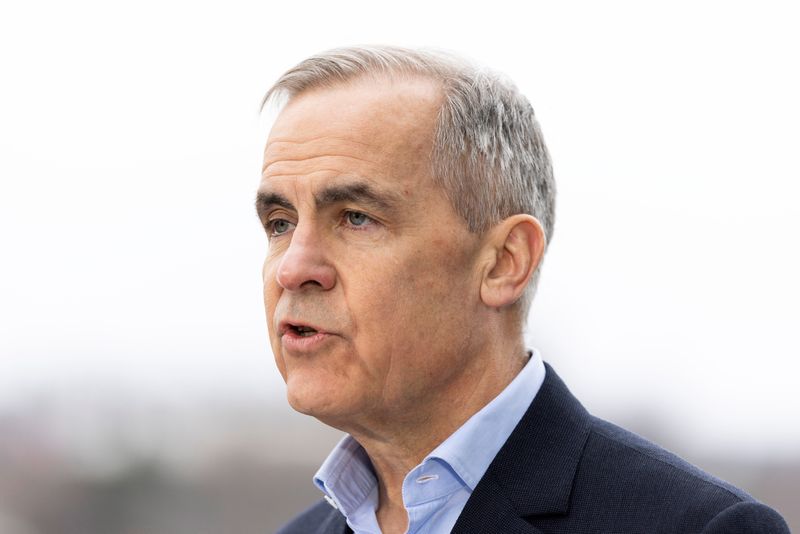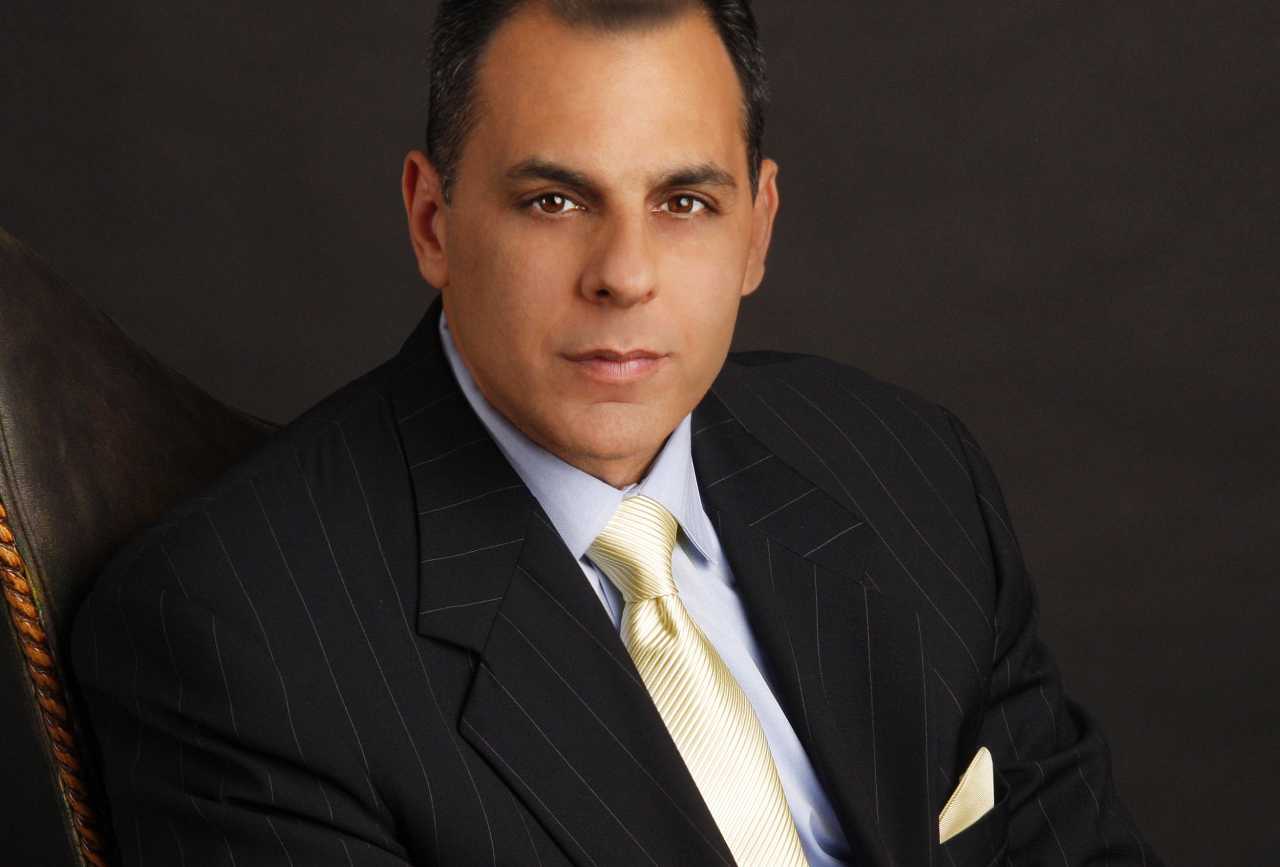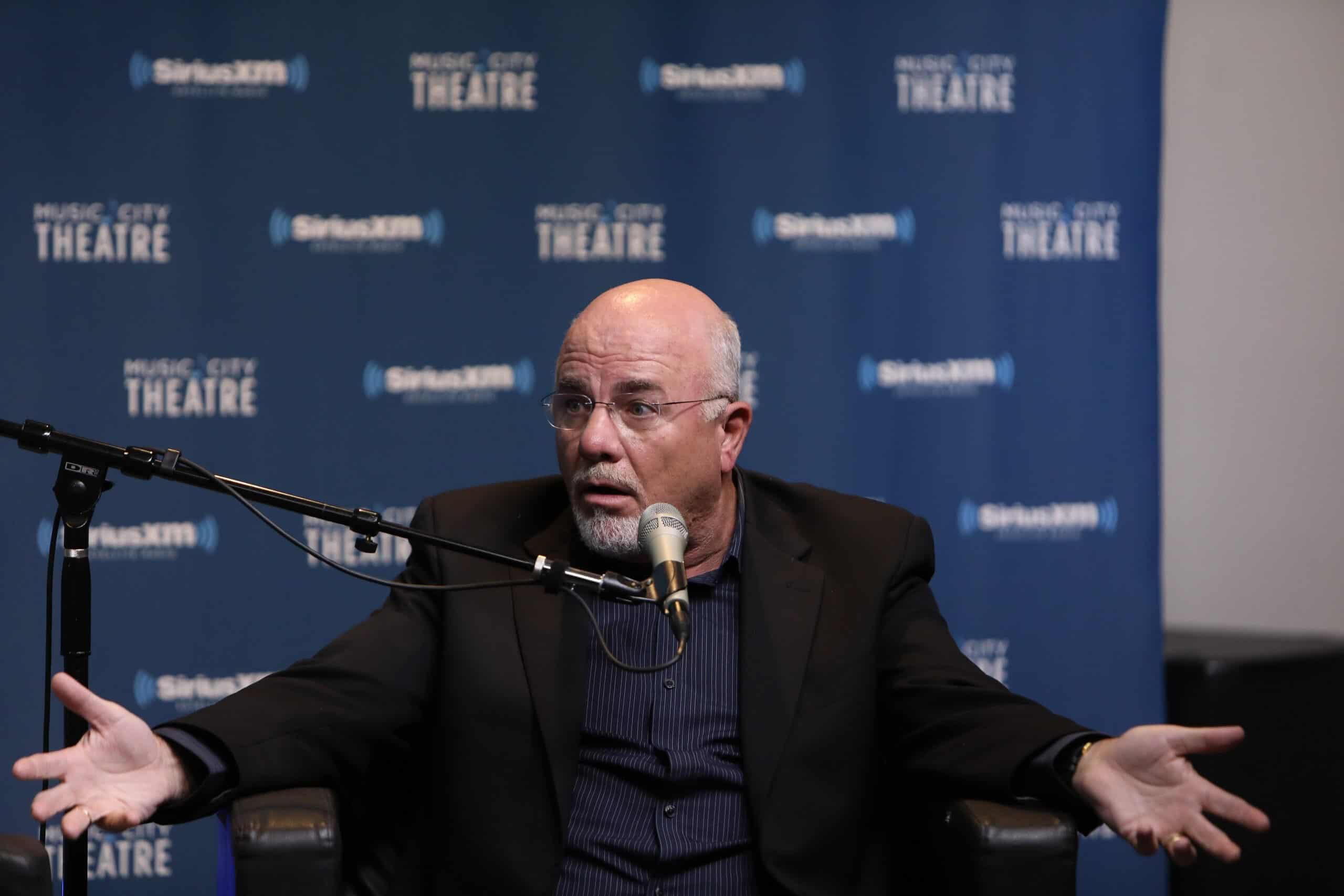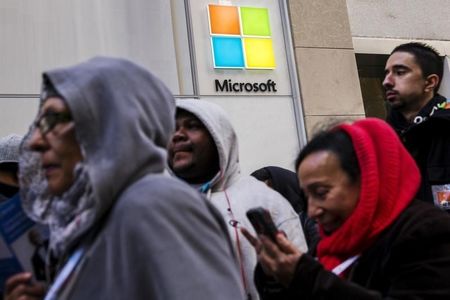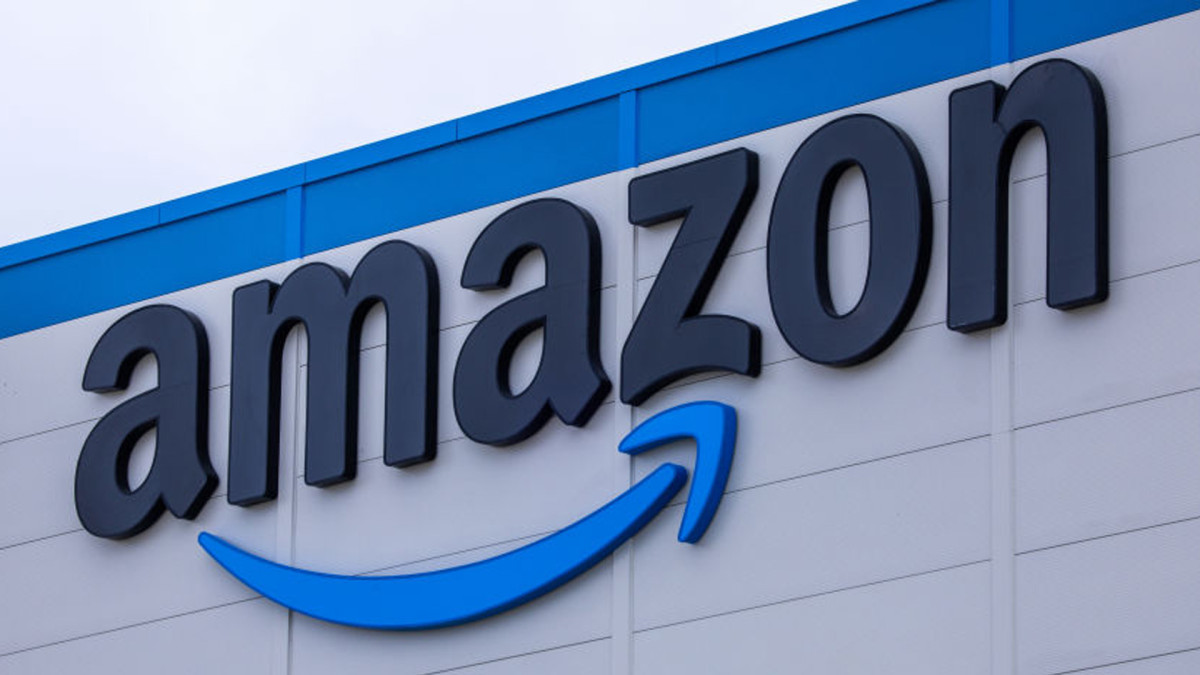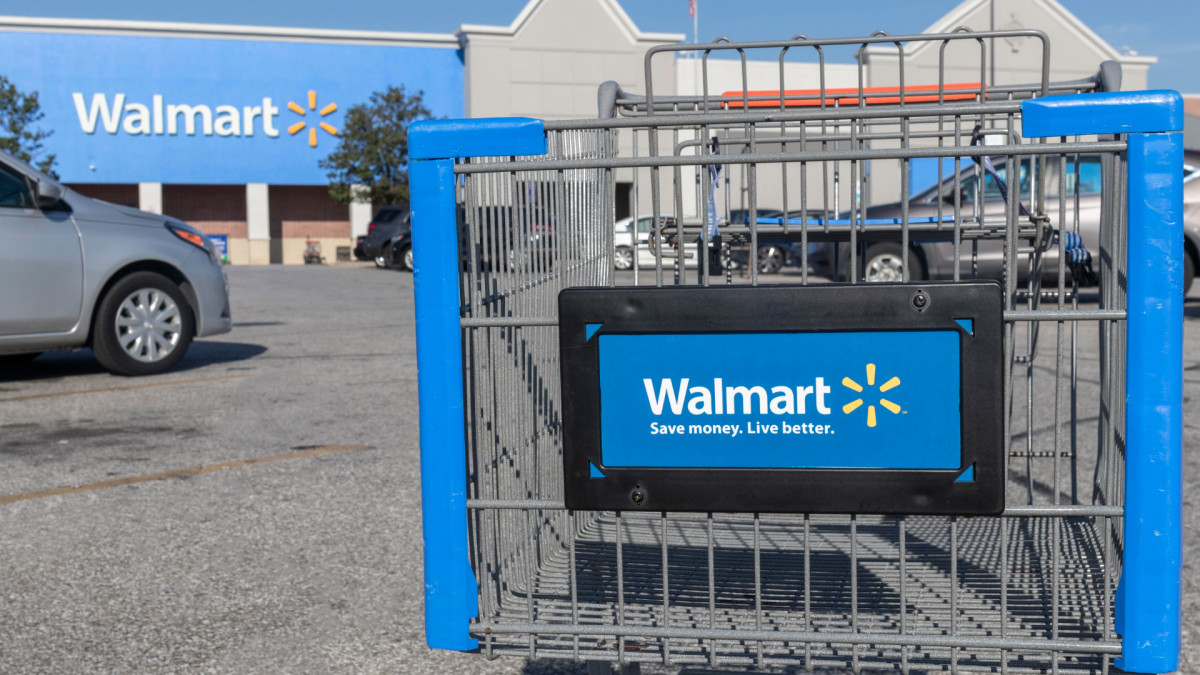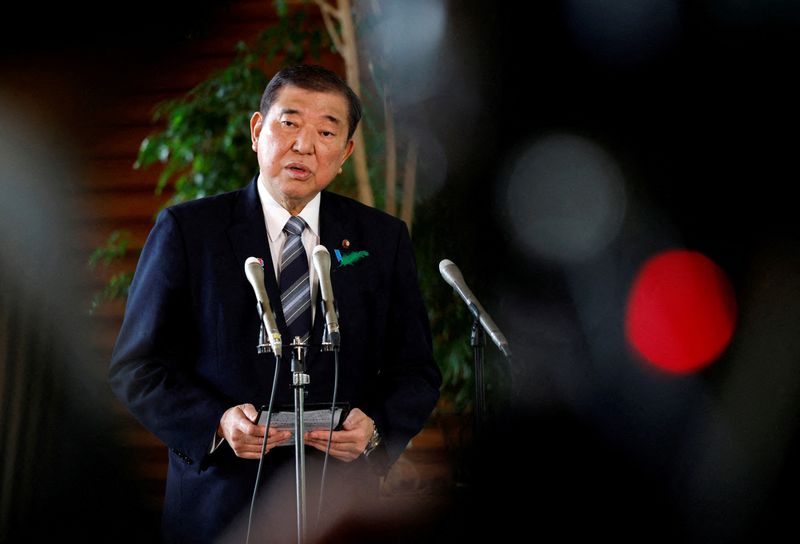Gen Z and millennial workers would accept lower salaries in exchange for this one thing from their employers
Younger workers will take a pay cut for more mental health support at work.

Money can’t buy happiness—and younger generations are embracing that idea at work. Because for many, life seems too short to mindlessly climb the corporate ladder at the risk of worsening mental health.
That’s according to a new global study on longevity and workplace wellness, in which half of American Gen Z and Millennials—compared to just a fifth of baby boomers—say they would take a pay cut if their employer made an effort to prioritize their well-being at work. The survey also found that Gen Zers are the most unhappy with their careers.
The global study, released this month by the Oxford Longevity Project and Roundglass, a wellbeing platform that helps people build healthy habits, collected data from 14,000 people in 25 countries to analyze perceptions of aging, the workplace, and well-being.
“We found that mental health is one of the top three priorities of people worldwide today,” Gurpreet Singh, founder of Roundglass, who worked on the study, said in a press release. “Employees don’t want to sacrifice their well-being for a job, and if employers don’t address this issue, it’s going to hurt the company’s bottom line. To attract and retain talent, placing importance on employee mental health is non-negotiable.”
Research has shown that companies are falling short in supporting their employees in the face of high rates of loneliness, burnout, and return-to-office mandates. A Gallup survey published last year found that less than a quarter of employees believe their companies care about their mental health and well-being, which, experts believe, could harm retention.
Beyond the U.S., employees worldwide also agreed that mental health must be a top priority to keep them engaged at their jobs, the global survey found. Of those surveyed, nearly three-quarters (73 %) of people in Egypt and 71% of people in India agree that well-being is more important than salary.
Workplace benefits can help showcase an employer’s priorities, the respondents shared, with 67% of millennials in the U.S. endorsing physical health benefits, too. “Boomers and Gen X are the ones who most need to prioritize their health, yet it’s millennials and Gen Z who are leading the way in embracing true health span,” said Leslie Kenny, co-founder of the Oxford Longevity Project, in the press release. “Younger generations are taking their health more seriously—not in spite of their age —but because they’ve watched their parents and grandparents live longer lives, often while managing chronic diseases.”
It’s data that workplaces might consider when it comes to attracting and retaining young employees—particularly since chronic stress can increase the risk for mental health problems and physical health conditions like heart disease.
Millennials comprise over a third of the total American workforce, and the survey found that about a third of this generation considers support for mental health factors when choosing where to work.
Workplace well-being experts have previously told Fortune that, alongside inclusive health benefits, employers must foster a collaborative culture and community that empowers workers to speak up, ask questions, and feel engaged—and that culture is, in fact, everything.
It’s often the simple moments of support and communication that make people feel purposeful and engaged. “Benefits chosen for their buzz rarely address what employees truly need or want,” Gene Hammett, a leadership coach and host of the Growth Think Tank podcast, previously told Fortune. “Without a supportive workplace culture and strong leadership, even the best perks feel hollow and performative.”
For more on workplace well-being:
- Workplace well-being is at an all-time low. Here are 5 ways employers can actually help
- Want to boost employee morale and productivity? Ramp up volunteering
- How to quiet the noise in your head, and feel happier at work and in life
This story was originally featured on Fortune.com




